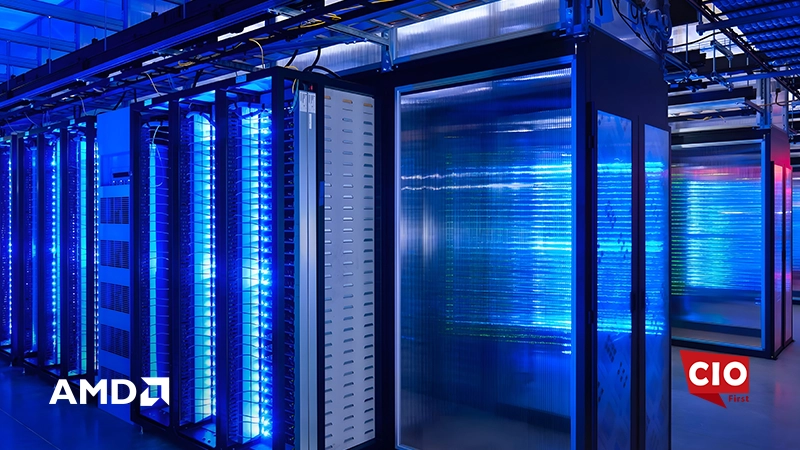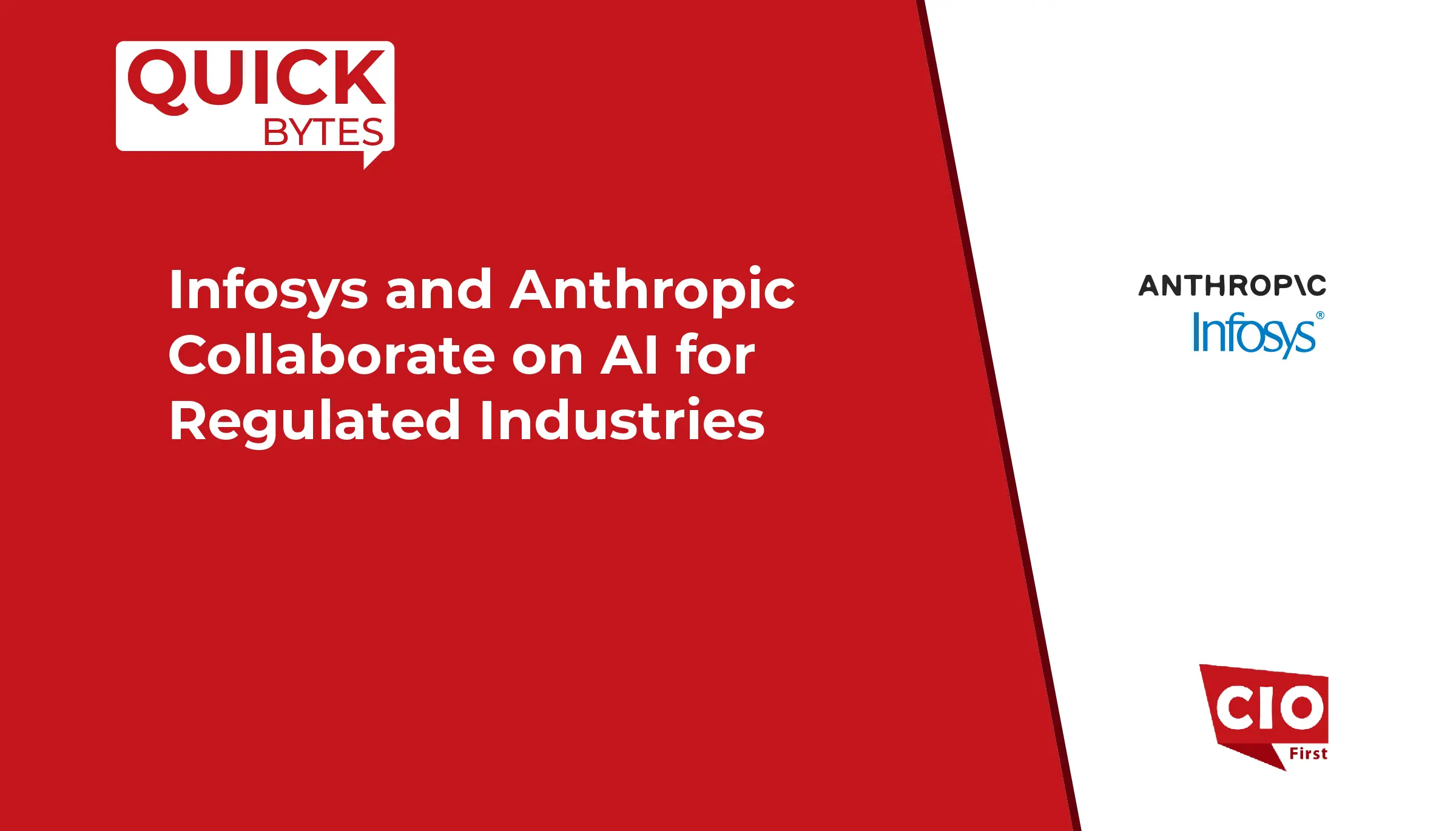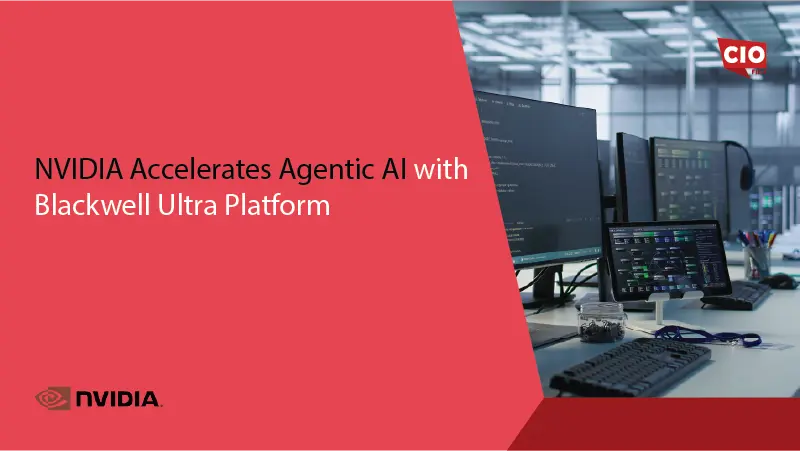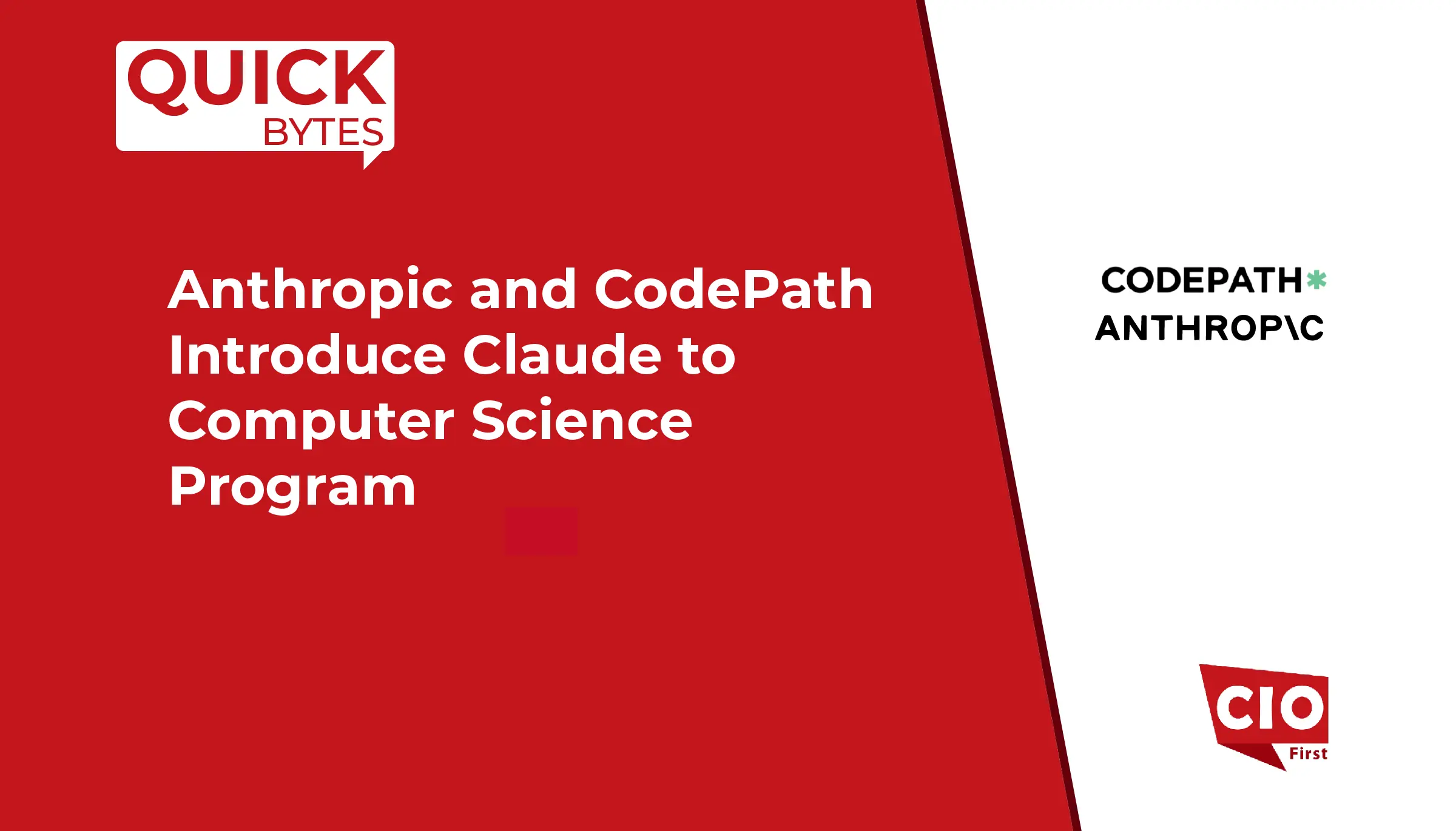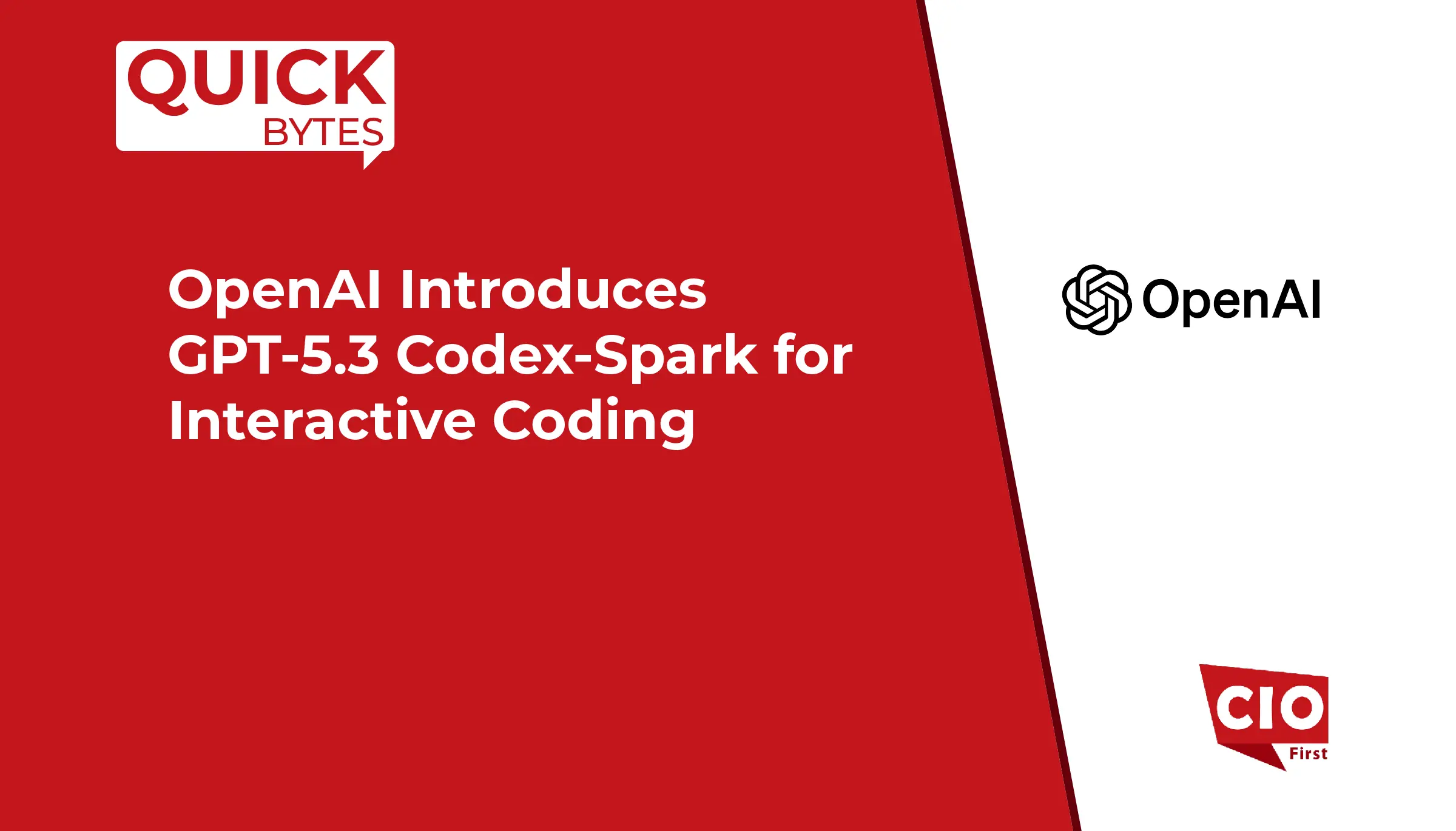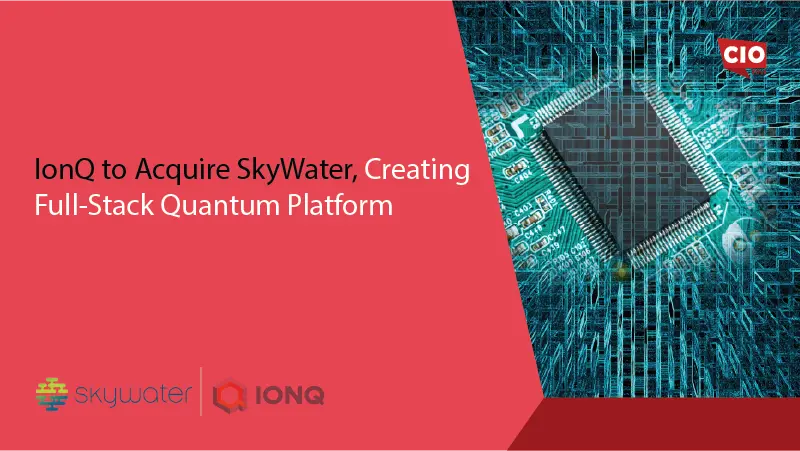AMD announced the signing of a definitive agreement to acquire Silo AI, the largest private AI lab in Europe, in an all-cash transaction valued at approximately $665 million. The agreement represents another significant step in the company’s strategy to deliver end-to-end AI solutions based on open standards and in strong partnership with the global AI ecosystem. The Silo AI team consists of world-class AI scientists and engineers with extensive experience developing tailored AI models, platforms and solutions for leading enterprises spanning cloud, embedded and endpoint computing markets.
Silo AI CEO and co-founder Peter Sarlin will continue to lead the Silo AI team as part of the AMD Artificial Intelligence Group, reporting to AMD senior vice president Vamsi Boppana. The acquisition is expected to close in the second half of 2024.
“Across every industry, enterprises are looking for fast and effective ways to develop and deploy AI solutions for their unique business needs,” said Vamsi Boppana, senior vice president of the Artificial Intelligence Group at AMD. “Silo AI’s team of trusted AI experts and proven experience developing leadership AI models and solutions, including state-of-the-art LLMs built on AMD platforms, will further accelerate our AI strategy and advance the build-out and rapid implementation of AI solutions for our global customers.”
Based in Helsinki, Finland, with operations in Europe and North America, Silo AI specializes in end-to-end AI-driven solutions that help customers integrate AI quickly and easily into their products, services and operations. Their work spans diverse markets, with customers including Allianz, Philips, Rolls-Royce and Unilever. Silo AI also creates state-of-the-art open source multilingual LLMs, such as Poro and Viking, on AMD platforms in addition to its SiloGen model platform.
“At Silo AI, our mission from the start has been to build an AI flagship company. Today’s announcement is a logical next step in that pursuit as we join forces with AMD to shape the future of AI computing,” said Peter Sarlin, CEO and co-founder of Silo AI. “We have a well-established history of building successful AI products and delivering value to our customers. We look forward to becoming part of AMD to further scale our impact and develop enterprise solutions and AI models that address the most complex challenges with deploying AI at scale today.”
“As a leading European AI company, Silo AI has been a great long-term partner for us in many AI-related projects. We look forward to the enhanced capabilities the combination of AI technologies and innovative compute solutions from AMD will bring,” said Nishant Batra, Chief Strategy and Technology Officer (CSTO), Nokia.
Silo AI marks the latest in a series of acquisitions and corporate investments to support the AMD AI strategy. AMD has invested over $125 million across a dozen AI companies in the last 12 months and also acquired Mipsology and Nod.ai to expand the AMD AI ecosystem, support partners and advance leadership AMD computing platforms.
“Silo AI has been a pioneer in scaling large language model training on LUMI, Europe’s fastest supercomputer powered by over 12,000 AMD Instinct MI250X GPUs,” said Dr. Pekka Manninen, Director of Science and Technology at CSC-IT Center for Science, Finland. “Together with university collaborators, they have trained state-of-the-art open-source models for EU languages, such as the Nordic Poro and Viking models. We have collaborated extensively with the team in optimizing the software layer, allowing for efficient training of AI models on LUMI.”
“One year ago, Combient partnered with Silo AI, a leading AI lab with 300 AI scientists and engineers. Together with Marcus Wallenberg, we initiated Combient in 2015 to accelerate digitalization and AI adoption for 38 of the largest Nordic companies, with a total turnover of €270 billion, such as H&M, IKEA, Saab, KONE and Ericsson,” said Mats Agervi, CEO of Combient. “Today’s acquisition underscores the capabilities of Silo AI, opening up expanded opportunities for increased value creation in Europe and beyond.”
SOURCE: GlobeNewsWire






